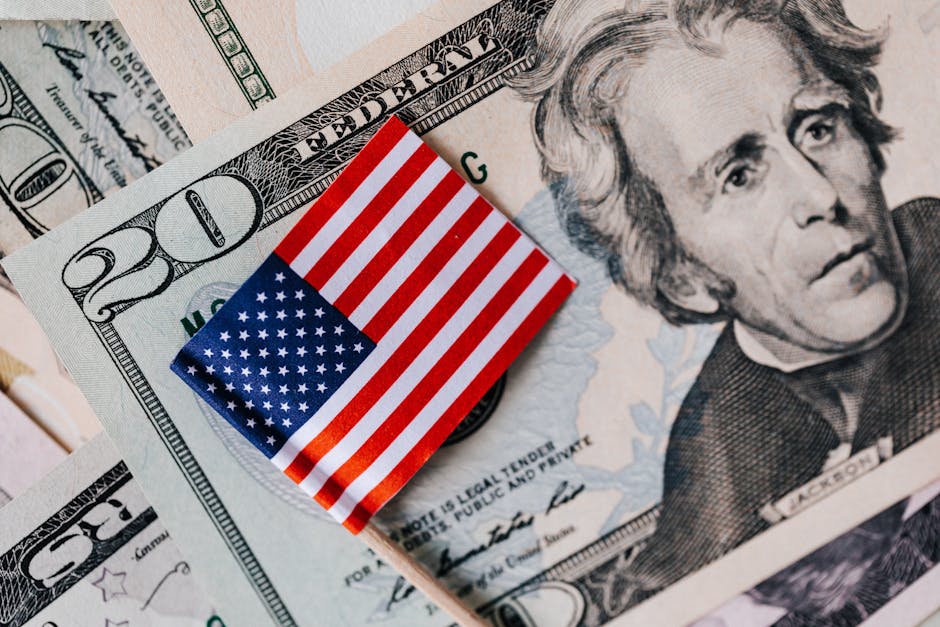Opinion | Beijing’s rare earth export control regime is blowback from US policy
The US shouldn’t be shocked by China’s use of export restrictions. The White House gave Beijing the blueprint and the rationale to use them
Reading Time:3 minutes
Why you can trust SCMP
To justify his threat of a 100 per cent tariff on imports from China, US President Donald Trump framed China’s tightening of its export controls on rare earths as “hostile”. However, Beijing’s expanded rules are a direct and reasonable response to the Trump administration’s relentless campaign of ratcheting up restrictions on Chinese companies and exports.
Advertisement
On September 12, just two days before US-China trade talks in Madrid, Spain, the US blacklisted 23 Chinese institutions.
On September 25, less than a week after the phone call between Trump and President Xi Jinping, the White House announced plans to impose tariffs on kitchen cabinets, bathroom vanities and upholstered furniture, a move expected to hurt China, which exports these goods to the US.
On September 29, the Trump administration extended export controls to subsidiaries that are at least 50 per cent owned by companies on the US Entity List or Military End-User List. In one go, the US placed potentially tens of thousands of companies under American export controls.
On October 3, the US detailed its plans for a port fee on Chinese-listed vessels it had announced earlier this year, which were rolled out a week later. Then, on October 8, the US added 16 more Chinese firms to its entity list.
Advertisement
The US Treasury Department announced what it called the fourth round of sanctions on Chinese refineries that buy oil from Iran. Not to be outdone, the US Transportation Department announced efforts to ban Chinese airlines on US routes from flying over Russian airspace.
Advertisement
Select Voice
Choose your listening speed
Get through articles 2x faster
1.25x
250 WPM
Slow
Average
Fast
1.25x











